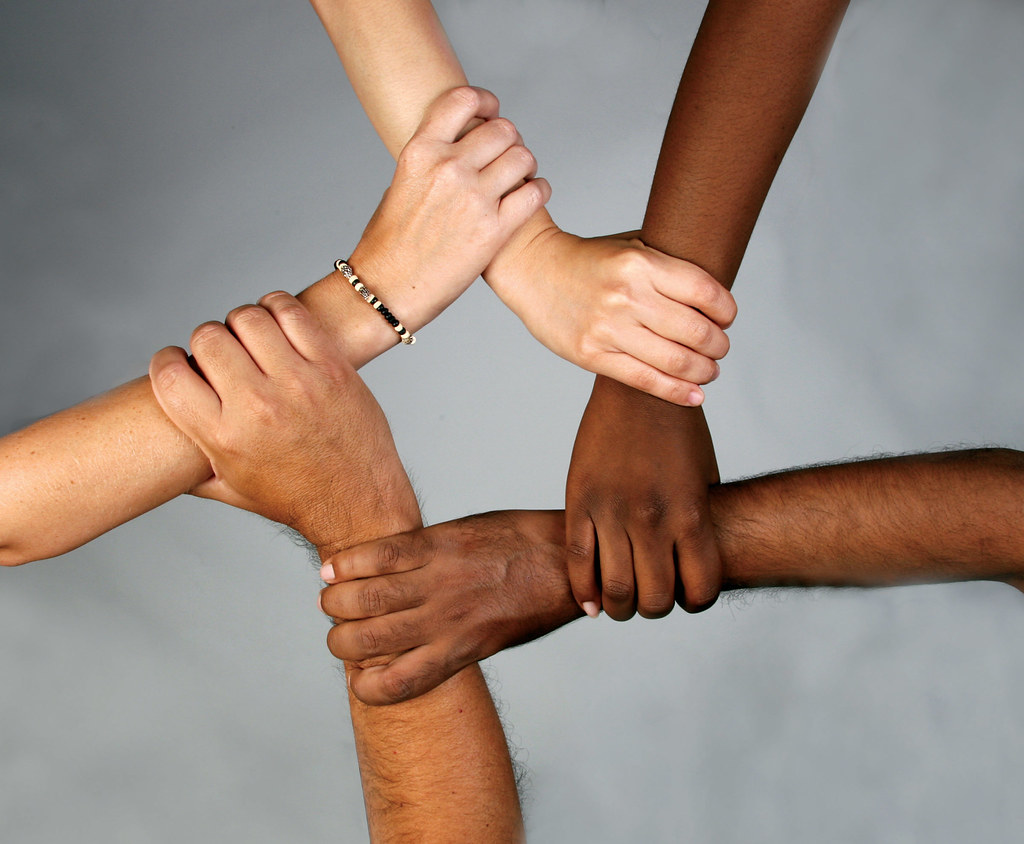Project UNITE: UNderstanding Identity through Education

Graduation Requirements
In the Fall of 2021, Minneapolis became one of the first public school districts in the country to require an ethnic studies course to graduate from high school. This policy change offers a rare natural experiment through which to evaluate the impact of ethnic studies curricula on individual students, the schools they attend, and the broader community.
Goals of Project UNITE
Project UNITE has two main goals:
Goal 1: Understand the impact of taking an ethnic studies course on students’ identity development, academic achievement and well-being.
Goal 2: Explore whether students build bridges between the classroom and the community through civic engagement and having conversations with family or friends.
History of Ethnic Studies
Just over 50 years ago, the first ethnic studies department was created in response to a multiracial coalition of student protesters demanding reforms to higher education. This strike – the longest student strike in history – was recently covered by the Code Switch Podcast. In 1969 at the University of Minnesota, a group of Black students occupied Morris Hall, resulting in the creation of the African American studies department. Ethnic studies departments now exist in K-12 schools and colleges nationwide, thanks to the efforts of early student activists.
Collaborators and Funders
Project UNITE is a collaboration between the Research, Evaluation, Assessment, and Accountability department of the Minneapolis Public Schools and the Culture and Family Life Lab.
Project UNITE is supported by a Visionary Grant from the American Psychological Foundation.
“Racial Identity Development Toolkit for Teachers”
Authors: Emily Chan, Katherine Gilman, Sarah Gillespie, Auna Nelson
We heard from ethnic studies teachers and found in our own research that students’ had diverse, emotional reactions to the course content. Understanding students’ racial schema – the lens through which they view race and racism – can help teachers anticipate and respond to their different emotions and reactions in the classroom. We made this toolkit at teacher’s request!
The goals of the toolkit are to help teachers:
- Understand the different perspectives students have when approaching topics of identity and inequality
- Anticipate students’ emotional reactions
- Connect with students at different stages of identity development
- Recognize and work towards dissolving barriers in student discussions
Preliminary findings from Project UNITE
This presentation contains our initial results from the study. If you are an ethnic studies teacher, you could share these slides with your students in class!

